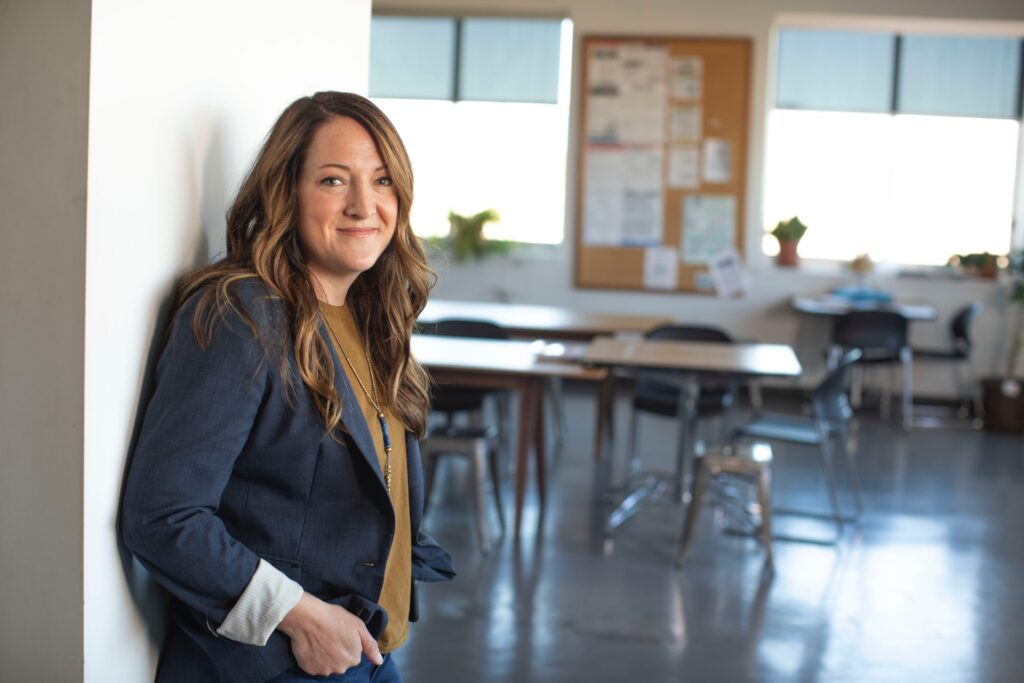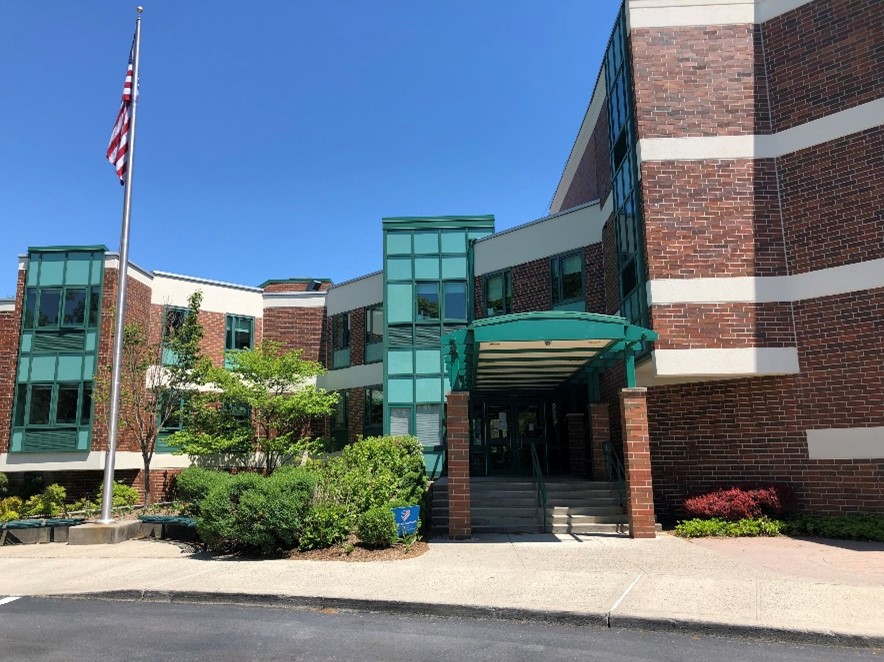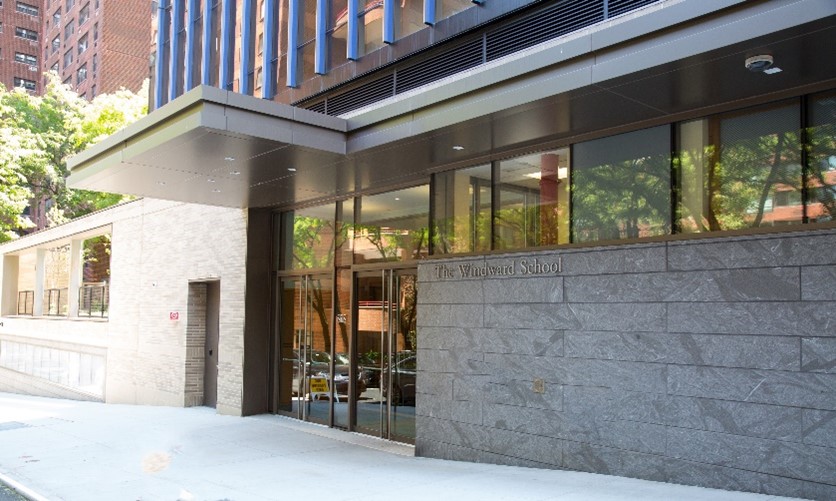
There’s a lot of sticker shock in the special education world. Evaluations, speech therapy, reading tutors, reading specialists, handwriting occupational therapists, executive function coaches, psychiatrists, psychologists, occupational therapy, therapeutic horseback riding, art therapy, music therapy, special education advocates, special education attorneys, education consultants – the list goes on. But there is no sticker shock quite like the first time you see the tuition at the private special education school you are considering for your son or daughter. When you see those numbers for the first time, no matter what your income level or resources, every single one of us has an “oh my goodness” moment.
As a recap, an independent or private school is a school that is not supported by the government and which generally speaking charges tuition for students to attend. Tuition at various independent special education schools very often exceed that of their regular education private counterparts; tuition of $75,000+ is not terribly uncommon among private special education schools in Connecticut and New York. And forget about residential or therapeutic special education schools – most are beyond this range, and beyond this ballpark.Smaller class sizes, more support, differentiated instruction, and highly individualized learning plans are all hallmarks of independent special education schools in our area. But what does this mean, exactly, and what exactly lies behind that sticker price?

While low student-teacher ratio is important and often a given at an independent sped school, the individualized education that these schools provide goes far beyond that number. Many schools offer wraparound programs that incorporate therapies, either individual or group, and provide support for parents. Many schools also offer 1-1 work for their students on a regular basis that specifically targets areas of focus that that student has. And most of these schools strive to offer a “total milieu” approach to the educational environment that ensures (or tries to ensure) that every environment or situation that a student finds himself in will be an environment that is supported and scaffolded by the school, if necessary.
Recently I had the privilege of virtually “touring” the Windward School in New York and meeting some members of its faculty and staff. The Windward School is an independent special education school serving nearly 1000 students in grades 1-9 with language based learning differences like dyslexia on four campuses in New York City and Westchester County, New York. Windward’s self-described mission is “… to remediate students’ dyslexia or other language-based learning disability and to return students to mainstream schools.” In any given year, 25% of the school’s population moves on from the Windward School either back to a district public school or another independent school with fewer supports.
Families who cannot afford a special education attorney to assist them in the settlement process may qualify for a grant from Special Education Legal Fund’s Legal Assistance Program, which provides up to $5000 in direct legal support. Families that I meet through the S.E.L.F. grants process invariably ask me why special education schools cost so much. and the answer for Windward is a one-word answer – teachers.
I admit to not knowing a ton about Windward before this tour. Windward has a reputation in the parent community for precision in its admissions process; that is to say, Windward accepts a very specific profile of student, one with specific language-based learning differences. Within the special education community, Windward is known for its teacher training program and extensive professional development program. The Windward Institute (www.thewindwardinstitute.org) provides courses, workshops, and lectures to teachers and teachers-in-training within the Windward community and beyond across a range of skill sets including language and social skills, math, reading, and writing.

Some schools, like Winston Prep, build in a half day of professional development in the weekly schedule. However, the teacher training program at Windward sparked my interest immediately – Windward’s in-house teacher training program is detailed and intensive. All teachers at Windward School, regardless of their background or education, are hired as assistant teachers and must undergo a 1-2 year program before assuming the responsibilities of a primary teacher. Certified special education teachers, masters education candidates, and indeed all new teachers to the Windward community undergo this introductory training program. New Windward teachers must attend a summer intensive program (40 hours of training during the summer for every first year teacher) and complete three required classes in reading, writing, and language. Each new teacher is assigned a mentor teacher, and subject to regular assessments and observations over the course of his or her first year at Windward. New teachers also work extensively with the curriculum coordinator one to two times a week during their “assistant teacher” phase, during the first one to two years of their Windward career. Moreover, this focus on professional development continues long after Windward teachers complete their initial training. Professional development for the Windward faculty is a career-long commitment through fully faculty professional development programs every Friday during the school year.
The Windward Institute supports literacy growth and development through a variety of research, educational, and outreach initiatives, including P.L.O.W. (Predicting Literacy Outcomes at the Windward School), Jamaica West Indies/Winsome Wishes for Kids, Manhattan Literacy Academy, Dyslexia Policy Institute, and Promise Clinic Tutoring Project. The Promise Clinic Tutoring Project was launched in pilot phase in the spring of 2021, with 16 Windward teachers who deliver 1-1 tree tutoring once a week in reading and writing skills to students who reside in under-resourced communities and have received little school instruction during the past year. Through this program, Windward also provides additional resources to students including school supplies, ChromeBooks, and Wifi hotspots. The Windward Institute also sponsors READ (Research Education and Advocacy) Podcast, which has released a 20 podcast series since the start of 2020 focusing on a variety of literacy, educational policy, professional development, and teacher preparation topics. READ has also sponsored a webinar series, offered in 2020, with a focus on early childhood education.

This piece is the second in our series “Special Education Schools: Getting Past the Sticker Shock.” This series, which will continue for the balance of the 2021-2022 year, is intended to highlight the differences between independent special education programs and give parents a sense of what makes each program unique, and what lies behind statistics like student-teacher ratio and “behind the sticker.” The schools highlighted in this series represent a wide range of special education independent schools in Connecticut and New York; each school serves specific and particular profiles of learners and may not be appropriate for all students with special education needs.
Disclosure: A member of Special Education Legal Fund’s Board of Directors is an employee of the Windward School.
Wealthspire Advisors is an independent registered investment adviser and subsidiary of NFP Corp, currently overseeing approximately $29.3 billion in Assets Under Management* and firmly committed to serving clients in a fiduciary capacity. Though our size means we have a variety of clients, we work most extensively with high net worth and ultra-high net worth individuals and families. We lead with planning that is tailored to meet the goals and needs of our clients, we invest with a long-term approach that focuses on a disciplined strategy and avoids emotional decision-making, and we aim to simplify lives by coordinating seamlessly with outside advisors and building our client teams around a collaborative structure.
* Reflects combined data as of 12/31/2024 for Wealthspire Advisors LLC and its subsidiaries.